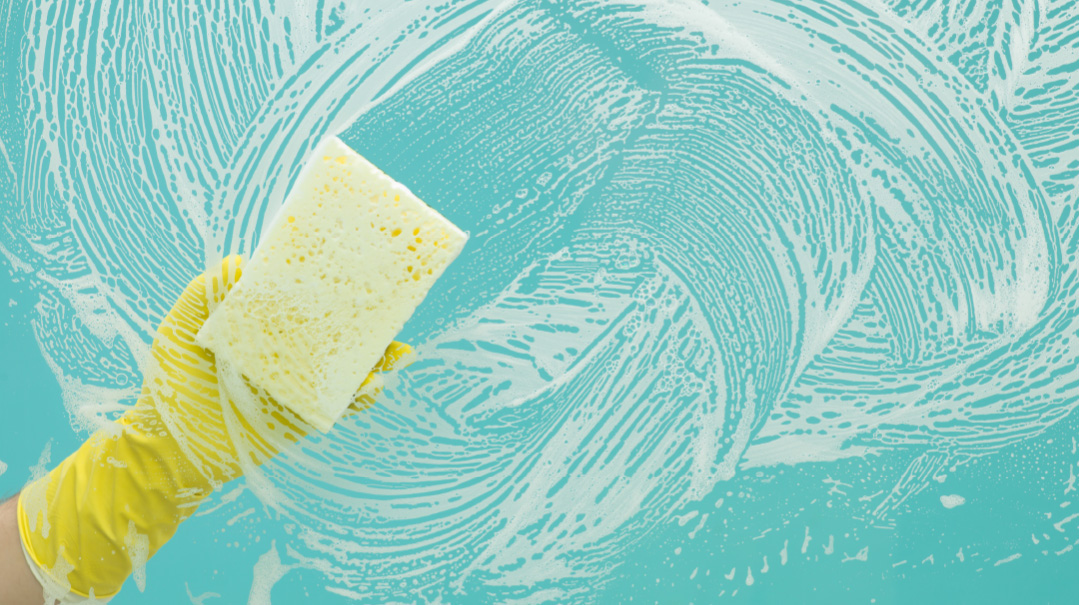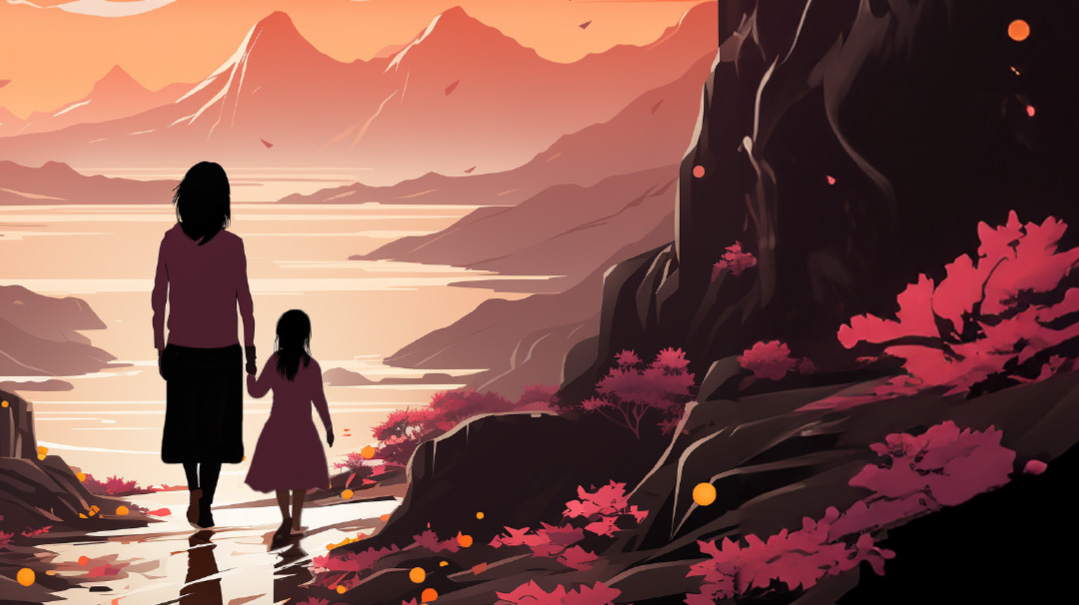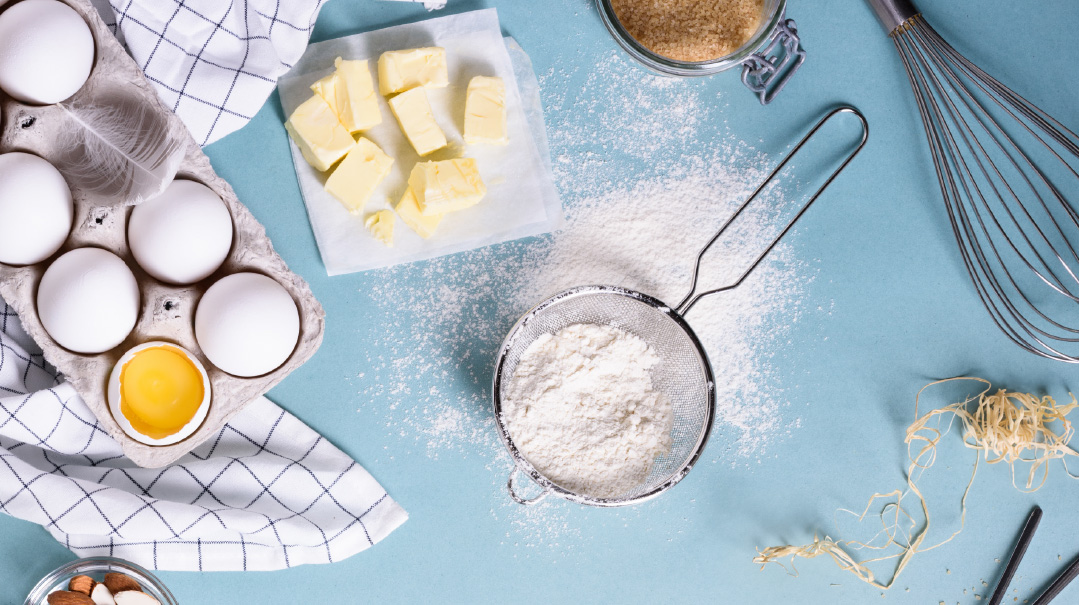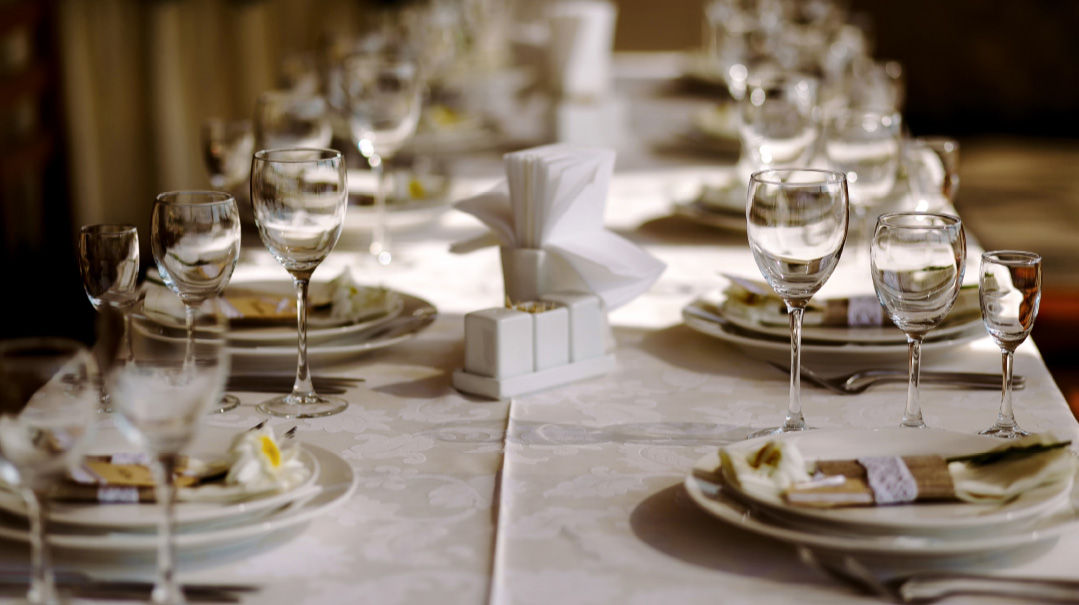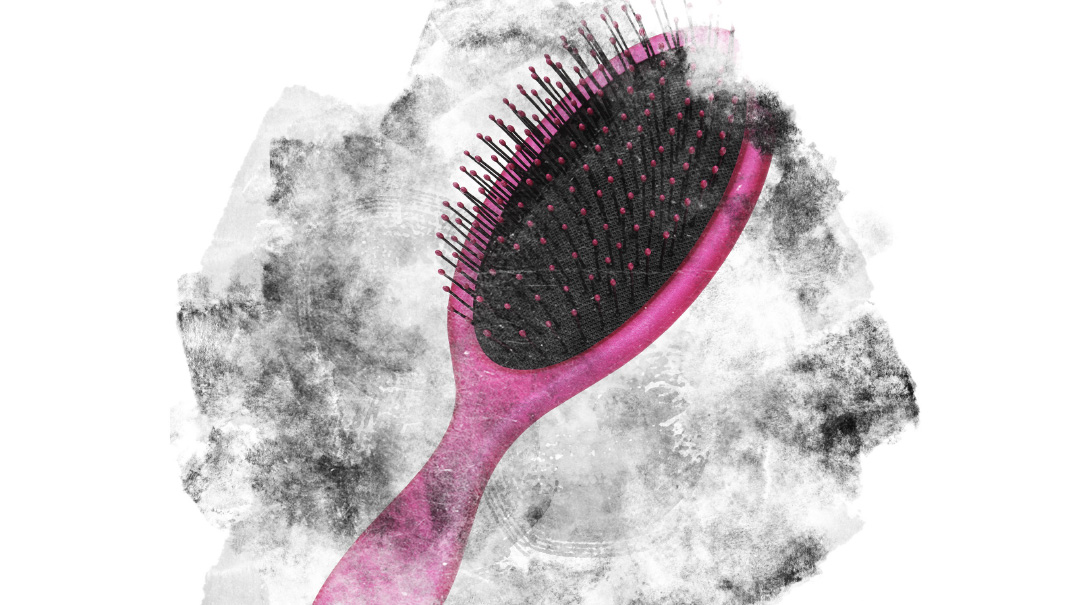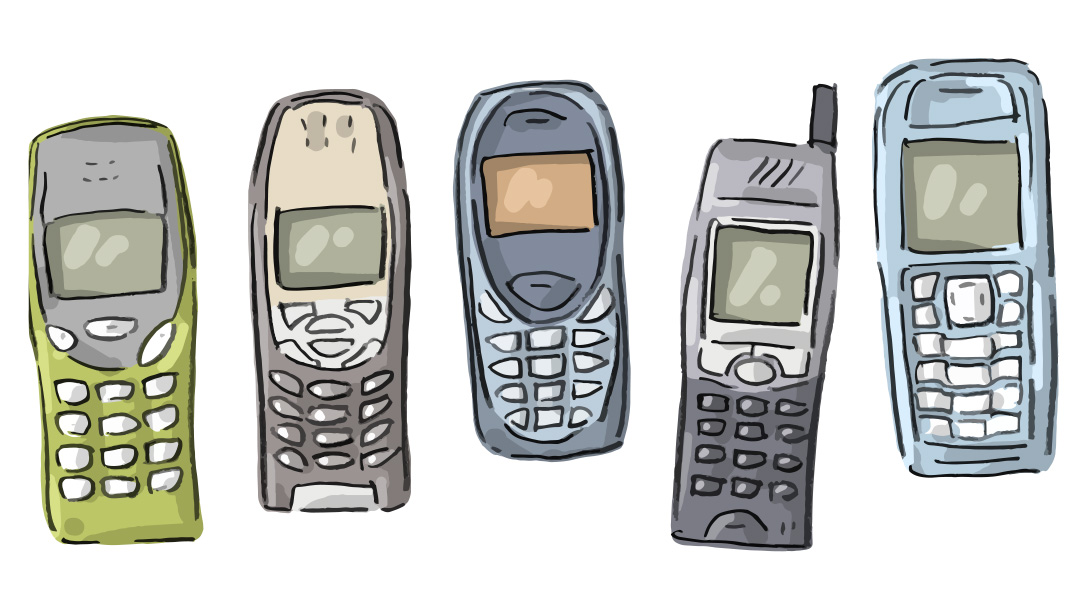Namesake

“But that’s Yiddish. Don’t you have a Hebrew name?” she pressed
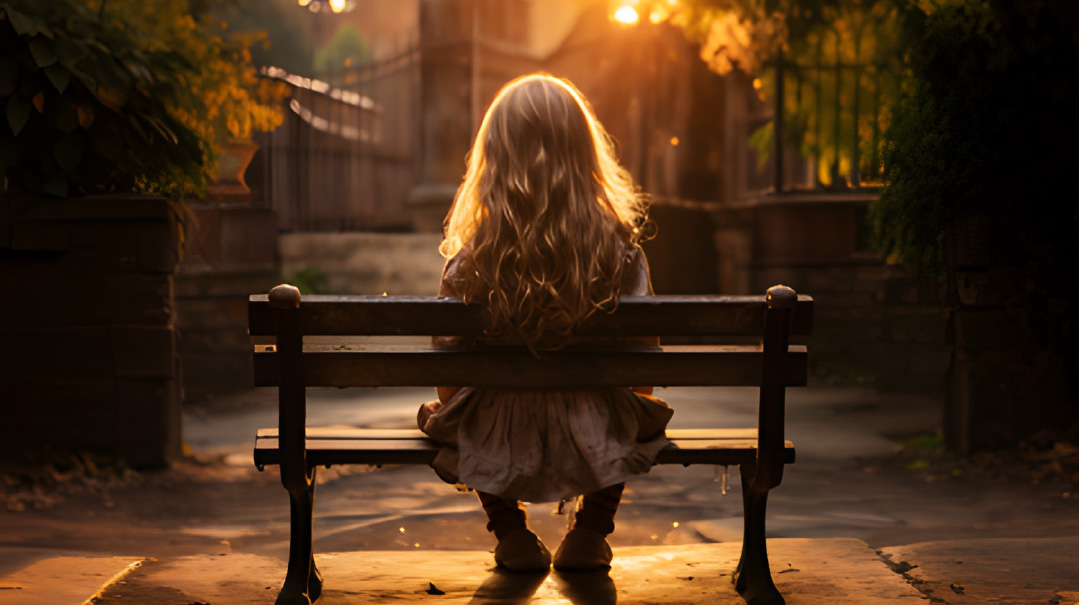
E
ven before first grade, I’d never liked my name. And my inexperienced teacher exacerbated that dislike on my very first day of school.
She smiled at us as she scanned our eager faces and asked us our names. “Zelda,” I announced when my turn came. Her nostrils flared, and a barely discernable frown flashed on her young cheeks, but I saw it all.
“But that’s Yiddish. Don’t you have a Hebrew name?” she pressed.
I didn’t. How I longed to have a pretty, Israeli-sounding name like Yael or Ayala! In kindergarten, I would look around enviously at my friends Aviva, Tamar, and Batsheva sitting in our little chairs. I would even have been happy with Miriam, Esther, or Naomi. And now, in first grade, my teacher had officially confirmed that my name was unattractive in her eyes, too.
I didn’t cry when I got home. But my father sensed that I was troubled. What happened to his exuberant little girl on her first day of school? Where were her smiles? Her chattering and prattling? So I told him.
He took my hand and led me to the book-lined dining room, sat me down at the table, and took out a Chumash.
“If you’d like, Zeldaleh, we can look for a similar Hebrew name in the Torah.” He turned the pages and exclaimed, “How about Zilpah, one of Yaakov Avinu’s wives?”
I rejected that name outright.
“Hmm. Do you like the name Zehava? It begins with the letter zayin and ends in a hei, just like Zelda.”
“No.” And there’d been a Zehava in my kindergarten and… we weren’t friends. I couldn’t tell my father that we actually used to fight.
“Daddy, why did you name me Zelda anyway, if it’s a Yiddish name and not even in the Torah?” I asked.
He hesitated, cleared his throat, and for the first time he told me about his family in Lithuania before the war.
“I began saying Kaddish for my father when I was five,” Daddy began. “After he died, my mother worked in a small grocery shop that was in the front room of our house. She left me with my older sister, Zelda.”
My father continued, telling me that it was his mother’s dream that he become a talmid chacham, so she sent him to the Telshe Yeshiva when he was 12. Later, Zelda went to Kovno to study bookkeeping. She stayed with relatives, but both she and my father came home for Yom Tov to celebrate together with their mother.
“Both my mother and sister perished in the Shoah. I named your older sister after my mother, Esther. You are named for my only sister, Zelda.”
My father’s eyes searched mine, and I averted my gaze. It was my turn to hesitate. I didn’t really comprehend the story, but I did understand that the name Zelda was very dear to my father.
“Uh… then I like the name, Daddy,” I stuttered. “Yeah, it’s… fine. So that’s why you called me Zelda! Great. Now I like the name.”
I knew of no other girl in Chicago who bore that name. Maybe in New York it was more prevalent. Maybe it was common among old women. But while growing up, I really did not like my name.
Decades later, living in Yerushalayim, more important matters took up space in my kerchiefed head. Eventually my parents also joined me in this Holy City.
One morning, as I sat across from my mother at her kitchen table over coffee and babka, I noticed the lit yahrtzeit candle. I knew it was for my Aunt Zelda.
I began to wonder. I’d been told that my aunt had died on the death march after the liquidation of the Kovno Ghetto. But if so, how did we know the date of her yahrtzeit?
We never asked my father these kinds of questions, so I asked my mother.
“You mean you never heard the whole story, Zelly?” Mommy asked incredulously. She always called me by my pet name when we had heart-to-heart talks.
“When you were born, I didn’t want to call you after Daddy’s sister,” she began. “Although several years had passed, we had never heard from the Red Cross or from any survivors who knew for sure what had happened to her. We knew that his mother was murdered on the 29th of Av together with the rest of the Jewish women in Kelm. But we knew nothing of Zelda’s fate.
“I told your father that maybe Zelda was still alive, so how could we call our baby after her? But Daddy was adamant. He felt that if she were still alive, they would surely have found one another by now. I couldn’t argue with his feelings, but for a few years I was uncomfortable with your name.
“Then one afternoon, when Daddy was on his way to his shul for Minchah, a woman approached him on the corner of Kedzie and Lawrence. I can picture it even today! She was looking for a shul where someone would say Kaddish for her father. Why did she approach your father, of all people?
“Daddy commented on how her Yiddish accent was so similar to his, and said they must be lantsmen. As they walked toward the shul, the next question was, of course, ‘Where were you during the war?’ She had been in the Kovno Ghetto.
“When Daddy asked her if by any chance she knew his sister, Zelda Karanowitz, she froze.
“ ‘Zelda? Your sister?! G-tt in Himmel! Zelda iz gevehn meneh gutteh chaverteh! She was my very good friend throughout the years together in the ghetto and afterward on the death march. Nebach, she was burning up with typhus and just dropped like a withered leaf onto the ground. A few of us quickly dug a shallow grave for her on the side when the Nazis, yemach shemam, weren’t looking, and we buried her.
“ ‘Ach. She survived all the terrible years in the ghetto but didn’t make it to the end. Such an eidelkeit! Such a gutteh neshomeh! I can never forget her. I even memorized the date of her death, in case I should ever meet a member of her family. Her yahrtzeit is the 17th of Iyar.
“And here you are,” the woman finished disbelievingly. ‘I meet Zelda’s brother on the street corner of his shul! Shver tzu gloiben, nein?’ ”
Yes. It was hard to believe.
“Mommy, are you in touch with this woman?” I asked. “I would love to speak to her and hear more about my Aunt Zelda.”
“No, Zelly,” Mommy answered. “Daddy said Kaddish for her father that day, but she never came back to the shul.”
Mommy chuckled as she downed the lukewarm remains of her coffee. “You can’t imagine how relieved I was to hear the story. I finally felt okay with your name.
“And you, Zelda — do you like your name?”
(Originally featured in Family First, Issue 852)
Oops! We could not locate your form.

